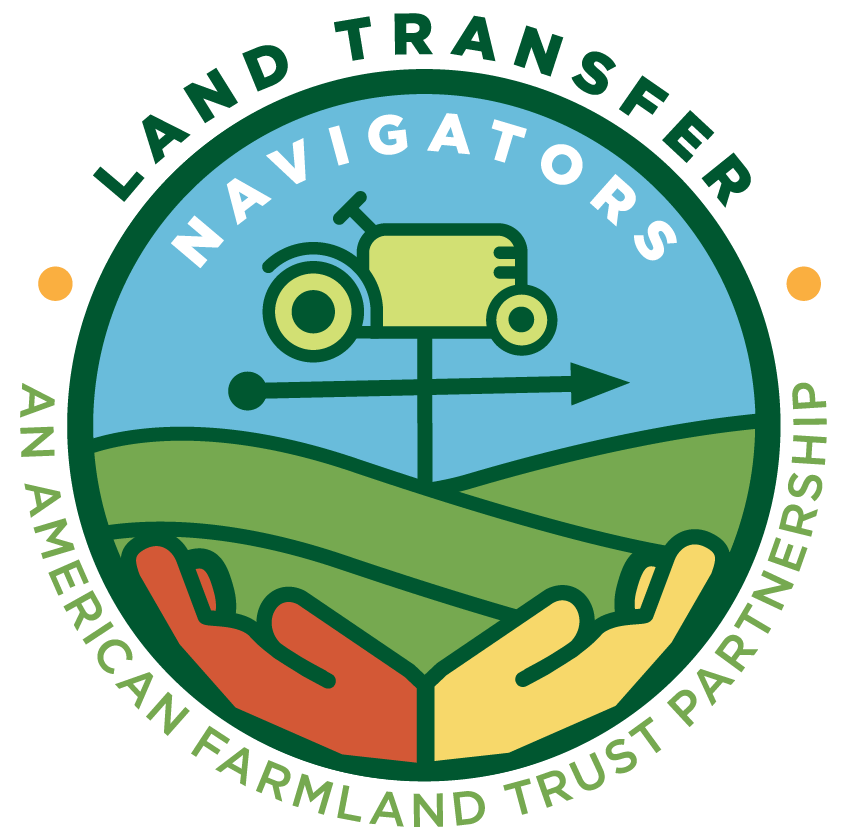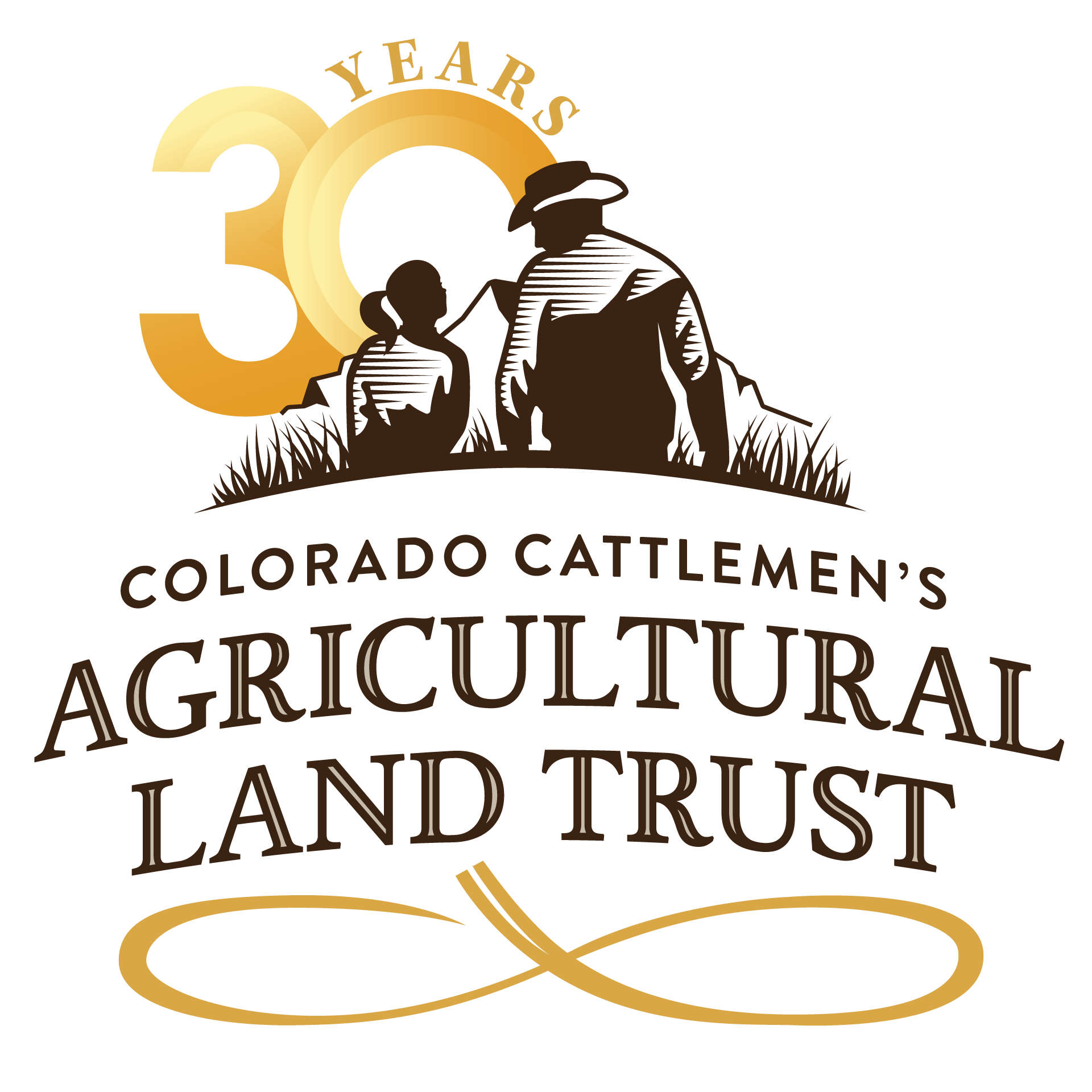The Colorado Cattlemen’s Agricultural Land Trust expands its conservation services to aid agricultural land succession and transfer
The Colorado Cattlemen’s Agricultural Land Trust joined the national Land Transfer Navigators Program to assist producers with generational transition.
FOR IMMEDIATE RELEASE
Contact: Karina Puikkonen, karina@ccalt.org, 720.557.8277
December 5, 2024
LAKEWOOD, Colo. – Amidst the many challenges facing agriculture in our modern day, another is quickly approaching and growing in significance. In the next few decades, it is projected that at least one-third of this nation’s agricultural lands (over 300 million acres) will change hands, making them vulnerable to conversion and development. The Colorado Cattlemen’s Agricultural Land Trust (CCALT) has joined a nationwide effort to catalyze succession planning among farm and ranch families and enable agricultural land access for a new generation of farmers and ranchers.
CCALT is a recipient of a four-year grant through the Land Transfer Navigators Program, led in partnership by the American Farmland Trust (AFT) with support from the National Resources Conservation Service. This program’s purpose is to develop land transfer and land access educational and outreach resources. CCALT will use this grant funding to develop land succession and land access workshops, as well as informational and outreach materials to engage landowners in succession planning.

“With the wave of land transfer that is coming, we risk converting far too much farm (and ranchland) into low-density housing, subdivisions, and strip malls,” said John Piotti, AFT’s president and CEO. “Public and private conservation entities—groups like land trusts and purchase of agricultural conservation easement (PACE) programs—have done a tremendous job of protecting farm (and ranchland) across the country. They can continue to accelerate their impressive farm (and ranchland) protection work, and with greater support, they can also guide landowners in the eventual transfer of protected land to a new generation of farmers and ranchers.”
“CCALT has always been an innovative and forward-thinking organization whose mission is to support farm and ranch families across Colorado continue to produce the food and fiber that fuels the nation,” said Erik Glenn, CCALT’s executive director. “Agricultural land transfer in Colorado is important because of the state’s significant agricultural sector, its changing demographics, and the need to ensure that we continue to have the scale of land necessary to maintain our agricultural economy and rural communities.”
CCALT will hold its first succession planning workshop January 20, 2025, from 1:00 – 3:00 p.m. during the Colorado Cattlemen’s Association (CCA) Mid-Winter Conference in Denver, Colorado. All landowners are invited to attend. CCA members attending the conference can register for the workshop through the main conference registration link, while non-CCA members can register through this link.
The collective goal of the Land Transfer Navigators Program will be to provide the guidance and resources necessary for retiring producers and new producers to achieve their goals and build a more resilient agricultural economy.
About The Colorado Cattlemen’s Agricultural Land Trust
The Colorado Cattlemen’s Agricultural Land Trust (CCALT) is a nonprofit land conservation organization whose mission is to “…conserve Colorado’s western heritage and working landscapes for the benefit of future generations.” CCALT has partnered with hundreds of farm and ranch families in the protection of more than 806,000 acres statewide.
About American Farmland Trust
American Farmland Trust is the only national organization that takes a holistic approach to agriculture, focusing on the land itself, the agricultural practices used on that land, and the farmers and ranchers who do the work. AFT launched the conservation agriculture movement and continues to raise public awareness through our No Farms No Food® message. Since our founding in 1980, AFT has helped permanently protect over 8 million acres of agricultural lands, advanced environmentally-sound farming practices on millions of additional acres and supported thousands of farm families.
